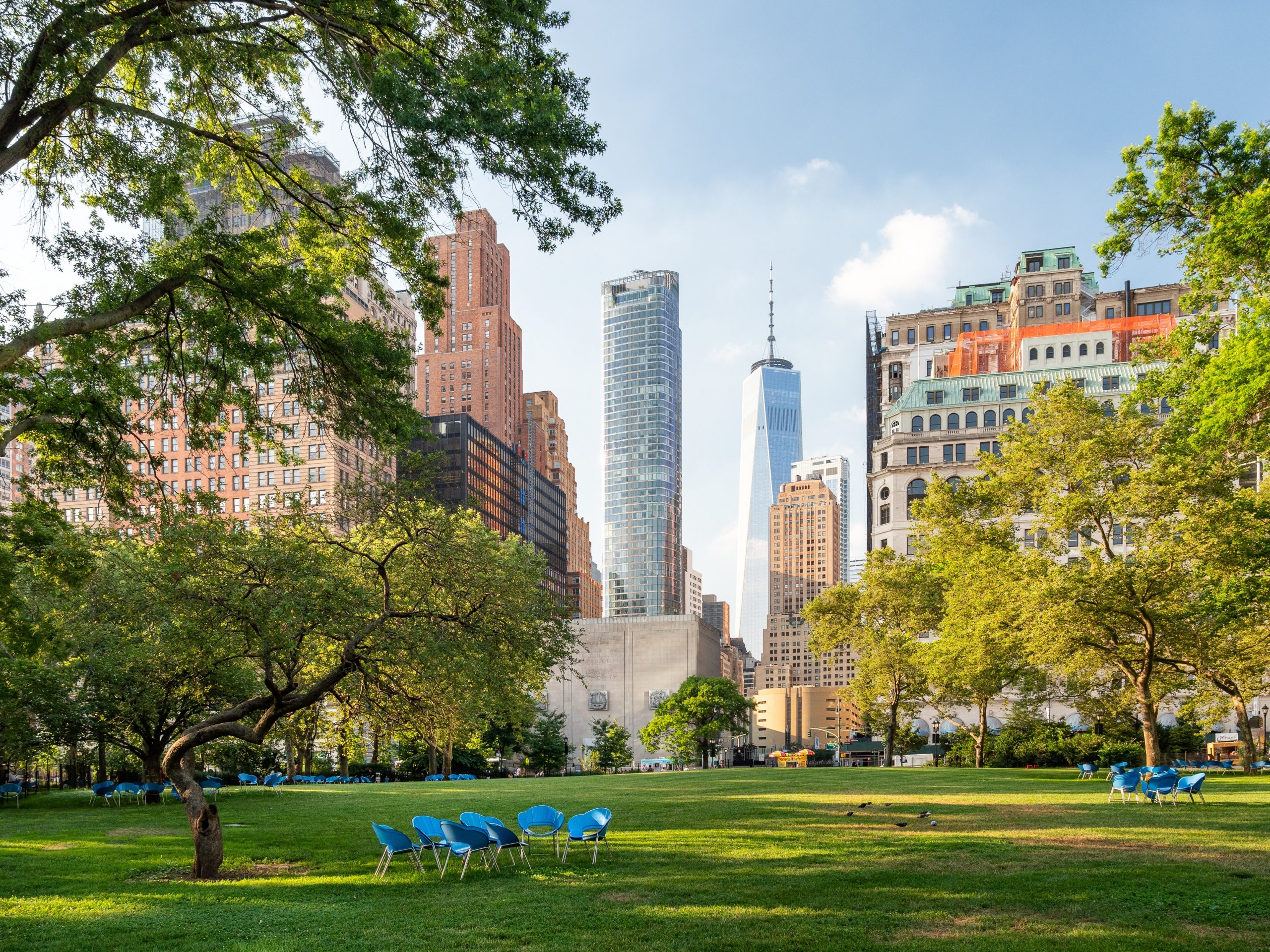
Not only Halloween, on the 31st of October we celebrate the World Cities Day too!
The past 50 years have seen a particularly rapid increase in urbanization trends across the globe. According to the UN Urbanization Prospects, by 2050 more than two-thirds of the world population will live in urban areas.
Established in 2013 by the UN, the World Cities Day aims at increasing awareness about global urbanization, fostering international cooperation in addressing challenges of urbanization, and contributing to sustainable development. While the overall theme of this day is “Better City, Better Life”, the specific theme of this years is “Adapting Cities for Climate Resilience”, reflecting the need to re-think our cities in a more sustainable and resilient way.
Cities worldwide are suffering the effects of climate change, such as floods, droughts, sea level rise, heatwaves, landslides, and storms. Already half a billion urban residents are facing rising sea levels and more frequent and severe storms. Extreme events are projected to increase further in the coming decades, with a consequent rise in the number of people affected by them to 3.3 billion. This trend highlights the need for investments in resilient urban infrastructures that will safeguard access to urban services in time of crisis. In this context, particular attention needs to be dedicated to people living in informal urban settlements, which today concern almost one billion people worldwide. These people, who usually live in precarious and dangerous locations, are disproportionately exposed to climate change-related challenges. Inequality is indeed a relevant challenge in today’s urban environments: since 1980s, inequalities in cities have grown, with larger cities often being the most unequal ones.
Further exacerbated by the COVID-19 pandemic, these challenges seem to be embedded in the way urban systems are structed and managed. Therefore, the first step to address these issues is to re-think the urban environment. In connection to this, Nature-Based Solutions and ecosystem-based adaptation can provide useful tools to address these challenges. Besides being effective in dealing with unpredictable climate and weather-related events, these solutions can generate significant additional economic, social, and environmental benefits.
In this regard, the importance of integrating environmental and socio-economic aspects is also recognised in the 11th UN Sustainable Development Goal, dedicated “to make cities inclusive, safe, resilient, and sustainable” (SDG 11). More specifically, this goal involves issues including climate crisis, urban poverty, informal settlements, access to basic services, and resilient urban infrastructures. In order to achieve this goal, a multi-sectoral and multi-stakeholders approach that takes into consideration the different aspect of urban environments is fundamental.

Overall, there is a need to include climate adaptation strategies into a broader development agenda. Instead of dealing with each event individually, mainstreaming climate resilience and adaptation will boost local economies and limit the cost and disruption of climate-related disasters. In this sense, the COVID-19 pandemic is offering an important opportunity to include resilience into recovery plans, and transform cities into more sustainable, green, inclusive and socially just environments.
While each city is different and one solution does not fit for all, cooperation among cities is still important. Indeed, collaboration can lead to more integrated and effective responses to climate change and other challenges, especially by promoting knowledge and best practices sharing.
The World Cities Day closes the month-long celebration of Urban October, which this year was focused on the climate crisis. Instituted by UN Habitat in 2014, Urban October represents an opportunity to discuss about the challenges and opportunities offered by urbanization.
Finally, to celebrate the World Cities Day, cities and towns all around the world are encouraged to hold events to raise awareness about sustainable urbanization. In addition, several online events will be hosted by UN Habitat, including roundtables on different topics.
Find the registration details and the official programme of the oline events here.